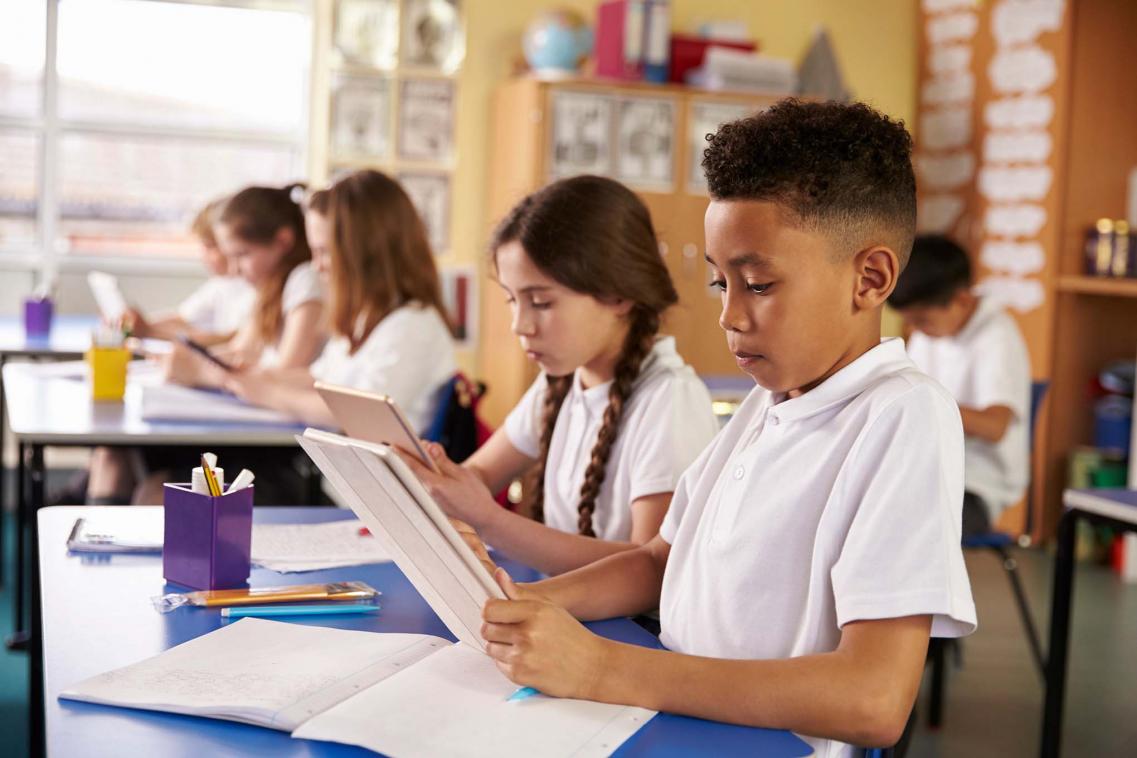Event
19 September 2019 at 11:00
<p>Dean's Yard, Westminster, London SW1P 3NZ</p>
At this event, IFS researchers will be launching their second annual report on education spending in England, supported by the Nuffield Foundation. This will provide consistent measures of day-to-day spending per pupil in England across the four main stages of education stretching back to the early 1990s.








































